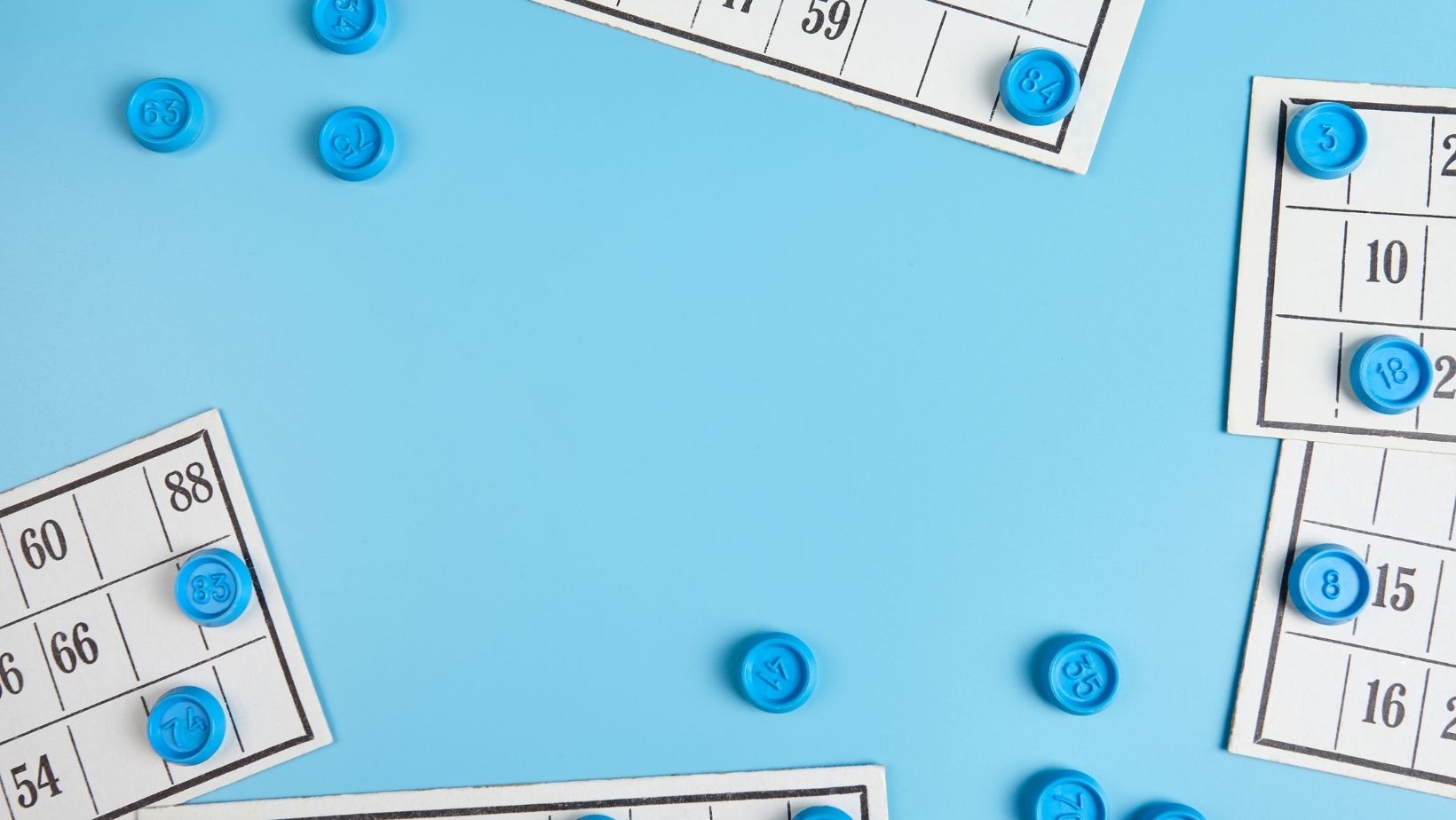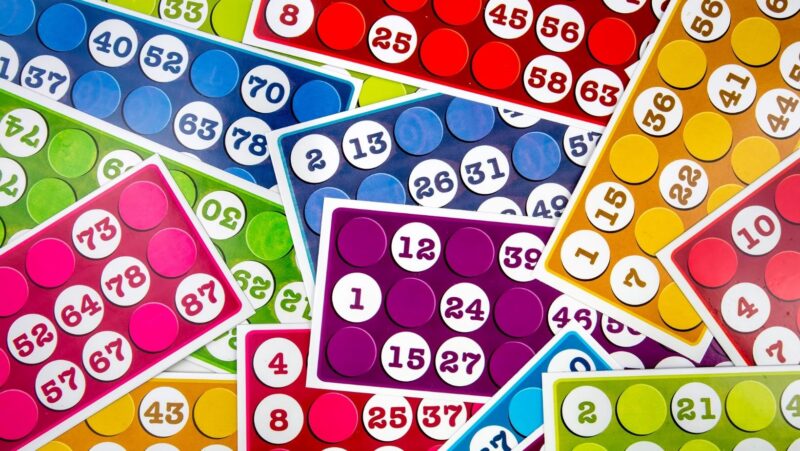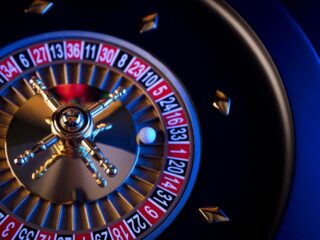
Bingo has been around for generations, gaining popularity in the 1920s at carnivals and fairs, evolving to become the classic game that’s known and loved in bingo halls around the UK now. Surprisingly simple and shockingly addictive, one quirk that has captured hearts over the years are the nicknames given to the different numbers within the game. But how did they come about – and where do some of those calls come from?
The Origins of Bingo Nicknames
It’s important to establish that the nicknames aren’t simply there for the fun of it. They served a practical purpose, cutting through the noise of bingo halls so people could easily distinguish between numbers that sound the same.
Many calls draw from some element of British culture, whether that be rhyming slang, classic expressions, or even pop culture references that have been immortalised by the game. Other nicknames are more straightforward, pulling from the visuals created by the numbers themselves – such as “Two Little Ducks” for when the number 22 is called.
These little eccentric expressions transformed a simple number-calling exercise into something more engaging, locking in players of all ages.
Popular and Quirky Bingo Calls
You might find it hard to believe that there’s a distinct phrase associated with every number in bingo – all 1 through 90 – but there really is. Here are just a few examples which have been brought about over the years:
- “Legs Eleven” (11) reflects the image of a pair of slender legs, while usually resulting in wolf whistles in traditional bingo halls.
- “Two Fat Ladies” (88) playfully references the shape of the number
- “Clickety-Click” (66) mimics the sound of a train on tracks
- “Gandhi’s Breakfast” (80) refers to the Indian leader’s fasting with the near-homophone of ‘eight nothing’
- “Was She Worth It?” (75) alludes to the old 75-pence marriage license fee.
Modern bingo venues have occasionally updated some of the more dated nicknames, but many classics remain firmly in place. This creates a point of commonality between players who have been playing over the generations, brought together by these shared cultural references. Additionally, the number 10 will typically be updated every time the Prime Minister changes, keeping the game current for all players.
Why Bingo Nicknames Matter Today
Many of these nicknames are deeply rooted within bingo tradition, having remained basically unchanged since the 1950s and 60s. This has gone on to create a secret code that’s shared between players, helping them belong to a community that embraces the game and creates a sense of belonging. There are even online bingo games where players invent their own calls for numbers, creating even more closely knit groups within the game.
While some calls may evolve over the years to reflect the world around us, the tradition of giving numbers personality through clever nicknames lives on. And, it remains central to what makes bingo more than a game – it’s a beloved British social institution.







